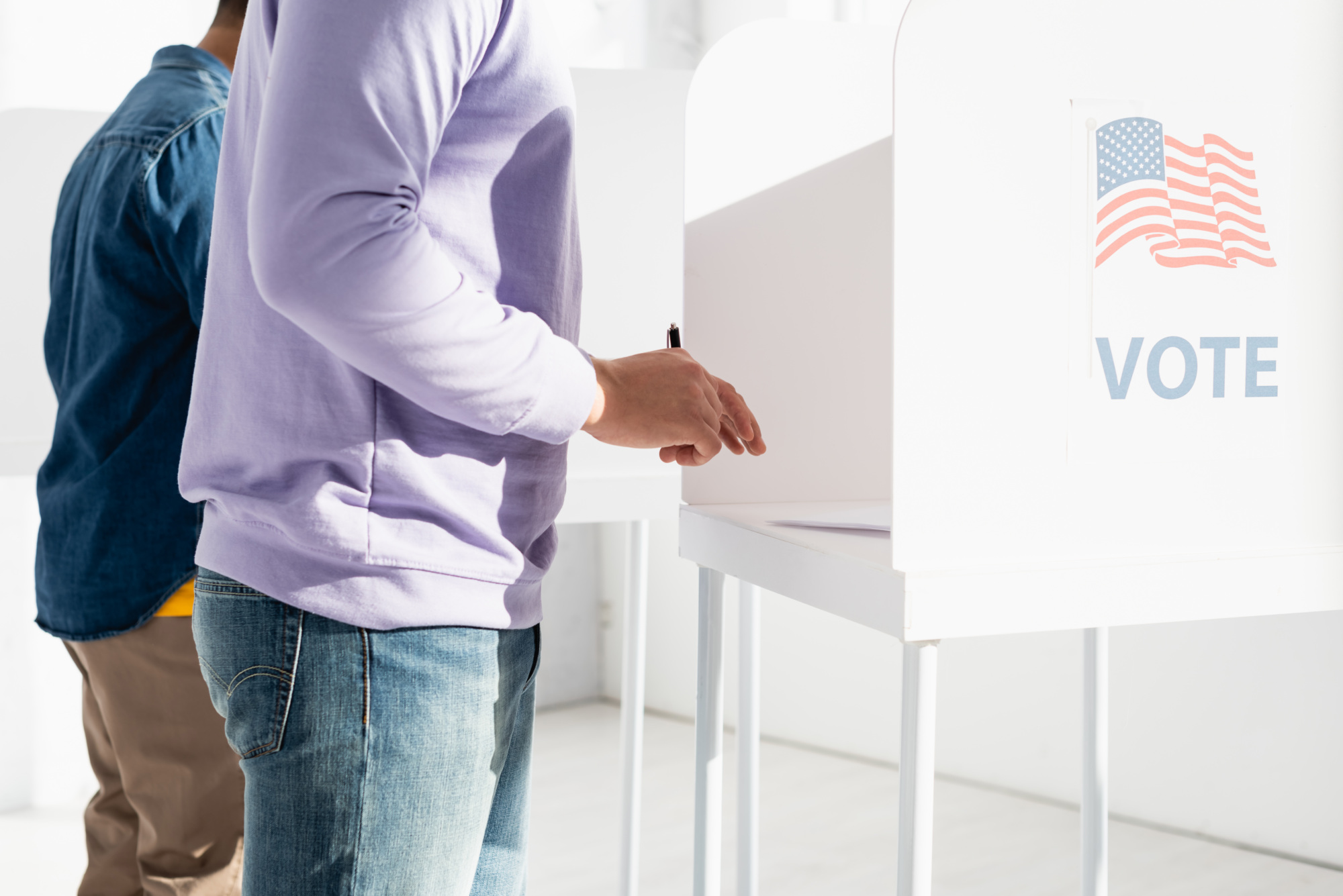Analysis
How many candidates will be outgunned by outside groups in 2018?
A disturbing trend has emerged in our elections: Fewer and fewer races are truly competitive, but the ones that are see a surge of spending by outside groups. As a…
Analysis
A new national survey by Issue One conducted with Citizen Data (N=1,043, September 16-29, 2024) highlights Americans’ perspectives on election integrity, confidence in the voting process, and support for election workers. The survey underscores the importance of addressing public concerns about election integrity while ensuring that election workers can carry out their duties without fear of threats, harassment, or intimidation. The findings suggest a need for continued efforts to build trust across the political spectrum in the electoral process.
Election officials across the country are bearing the brunt of a toxic and fragmented information environment, all while confronting serious threats to their own safety that are a direct result of the unchecked spread of election-related disinformation. Election officials cannot face these challenges alone. The good news is that there is near-universal agreement on the need to protect election workers from threats and harassment. An overwhelming 93.4% of respondents agreed that election workers should be shielded, highlighting a rare area of bipartisan consensus. While other results in the survey show there are deep partisan divides on issues like election fraud and confidence in the electoral process, Americans overwhelmingly recognize the importance of protecting those who ensure the functioning of our democracy.
A majority (around 70.7%) of respondents have some level of confidence (ranging from “very confident” to “confident”) in the accuracy of vote counting in U.S. elections. However, there are partisan differences in confidence with Democrats (60.1%) expressing the highest level of confidence and Republicans (28.5%) the lowest. We also find a gender divide on confidence, with men (50.0%) expressing more confidence than women (31.9%) regarding the accuracy of vote counting in U.S. elections. Finally, confidence in election accuracy also tends to increase with higher levels of education. Those with higher education levels tend to show greater confidence, with 45.7% of respondents holding a graduate or professional degree expressing high confidence in election accuracy, compared to 38.6% of those with less than a bachelor’s degree.
As a result of false claims about election processes and former president Donald Trump’s refusal to ever concede the 2020 election, results show Republicans (39.6%) are significantly more likely than Democrats (11.8%) or independents (20.8%) to view election fraud as a serious concern. These findings show the continued need for public education about how elections work and the measures in place to ensure secure and fair elections at every step of the process – from casting a ballot and counting ballots, to canvassing and certifying results.
Issue: Election Protection
Analysis
A disturbing trend has emerged in our elections: Fewer and fewer races are truly competitive, but the ones that are see a surge of spending by outside groups. As a…
Analysis
UPDATED September 27, 10am ET: Roy Moore defeated incumbent Sen. Luther Strange. He will face Democrat Dough Jones in the December 12 general election. — Former Alabama Supreme Court Chief…
Polling
When Donald Trump rode a populist wave to the White House last November, many believed that the new president would try to usher in an embrace of average Americans into…

